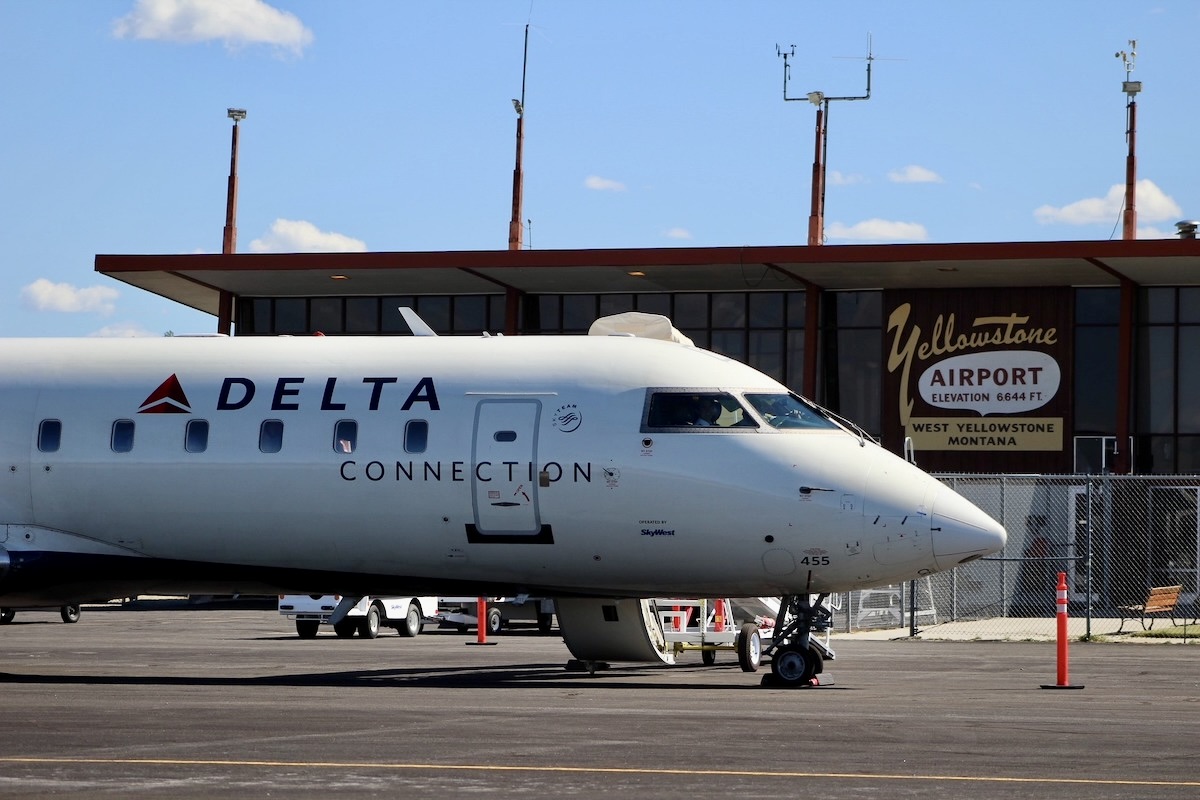Skift Take
Get ready for a war of words over what constitutes a safe airline.
There is a shortage of a critical skilled labor group needed to keep America's airlines flying: Pilots, particularly captains, are in short supply and that's resulting in fewer flights to some of the smallest cities across the country.
Major carriers, from American Airlines to Delta Air Lines and United Airlines, all acknowledge the problem. While executives say they do not have problems hiring, their regional affiliates that fly under the American Eagle or Delta Connection brands face challenges sourcing enough captains to operate all of their small jets.
The shortage has contributed to the three major carriers cutting flights in smaller markets even as travel demand has surged back. While the reductions appear to have eased, that did not happen before American, Delta, and United together ended flights to 74 cities between 2020 and this May, data from air service advisors Ailevon Pacific Aviation Consulting shows.
The situation has prompted some creative thinking. Alaska Airlines, Delta, and United have opened flight schools and offered scholarships to increase the supply of new pilots. American raised pilot pay at its wholly-owned regionals — a move that was matched by the rest of the industry — to levels comparable with budget carriers like Frontier Airlines and Spirit Airlines.
And SkyWest Airlines, the largest regional in the U.S., turned to a peculiarity in federal regulations that allows charter airlines to potentially crew planes with pilots that have far fewer hours than those required at major carriers.
